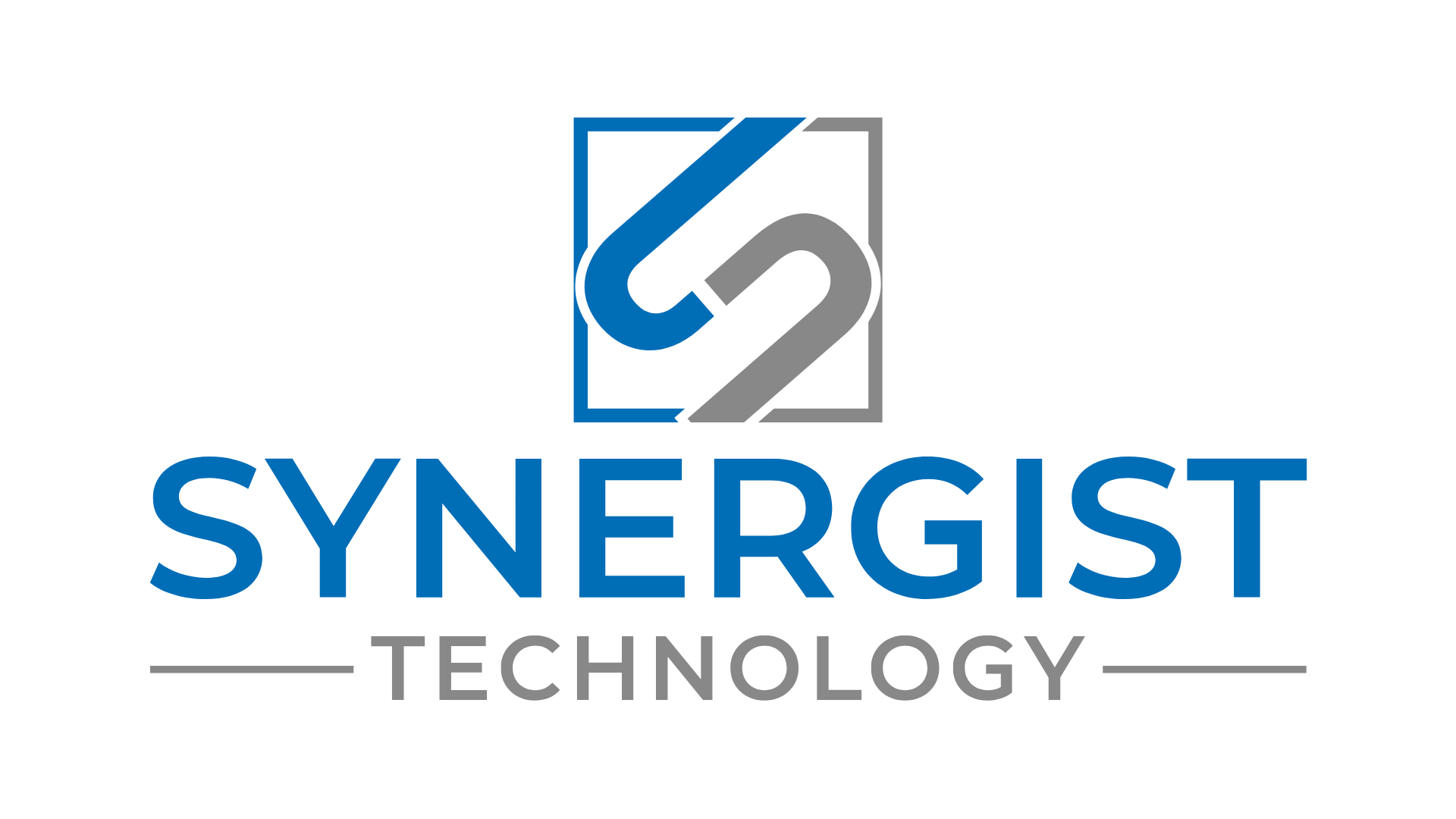ISACA is a global association of IT professionals that provides guidance, standards, and certification for various domains of information technology, including cybersecurity, governance, risk, and audit. ISACA has recently published a white paper on “Auditing Artificial Intelligence”, which offers a comprehensive framework for practitioners to approach AI in a real-world audit scenario.
The white paper covers the following topics:
-
The definition and characteristics of AI, and the challenges and opportunities it poses for audit
-
The key concepts and principles of AI auditing, such as AI risk, AI governance, AI ethics, and AI assurance
-
The audit process and methodology for AI systems, including scoping, planning, execution, reporting, and follow-up
-
The audit considerations and techniques for different aspects of AI systems, such as data, algorithms, models, outputs, and outcomes
-
The audit tools and resources for AI systems, such as standards, frameworks, checklists, and case studies
Some of the key takeaways from the white paper are:
-
AI systems are complex, dynamic, and adaptive, and require a holistic and multidisciplinary approach to audit
-
AI systems pose new and emerging risks that need to be identified, assessed, and mitigated, such as bias, discrimination, privacy, security, and accountability
-
AI systems need to be governed by clear and transparent policies, procedures, and controls that align with the organization’s objectives, values, and ethics
-
AI systems need to be assured by independent and objective verification and validation that they are functioning as intended, and producing accurate, reliable, and consistent results
-
AI systems need to be monitored and reviewed continuously to ensure their performance, quality, and compliance, and to identify and address any issues or anomalies
The white paper is a valuable resource for auditors who want to learn more about AI and how to audit it effectively. It provides a practical and comprehensive guide that can help auditors plan, conduct, and report on AI audits, and enhance their skills and knowledge in this emerging field.
The white paper also contributes to the development and standardization of AI auditing, and promotes the trust and confidence in AI systems among stakeholders and society.


